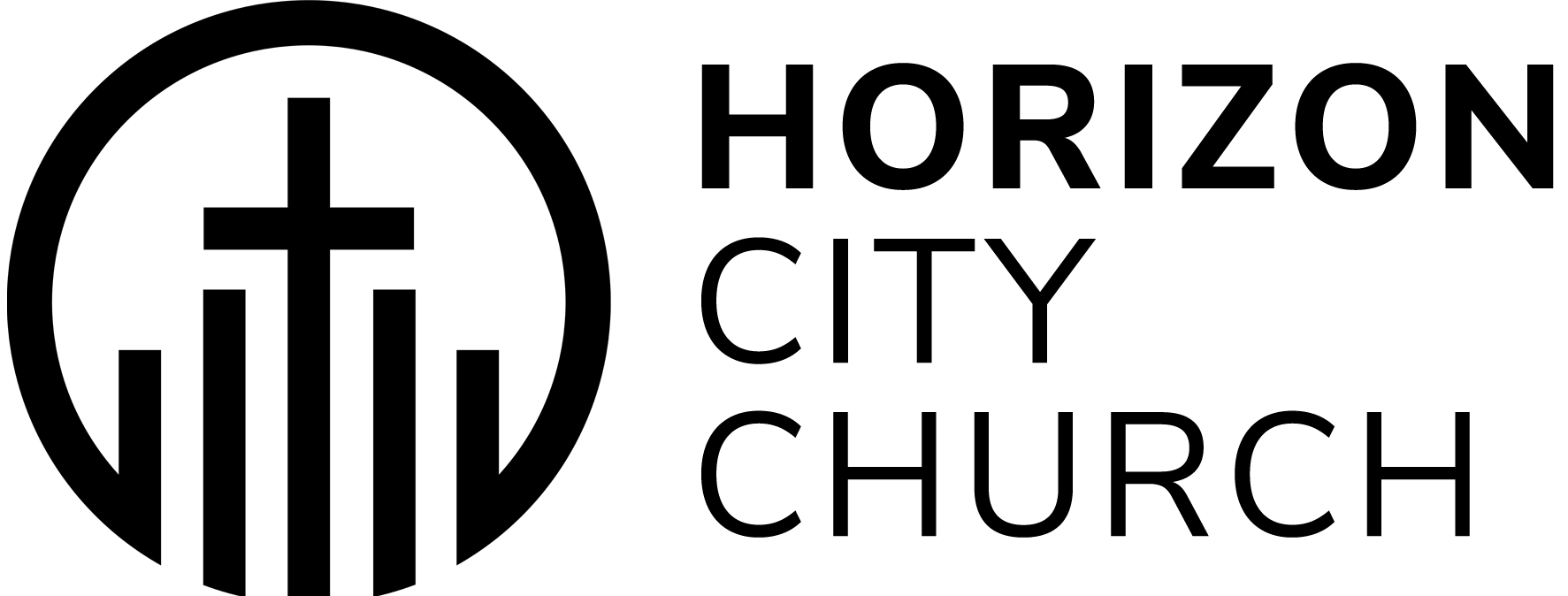
Understanding the Bible: Where Do I Start?
Whether you are a new believer or you have been a Christian your whole life, it’s easy to be intimidated by the sheer size and the thin, rustling pages of your Bible. Understanding the Bible seems like a difficult task. I have been studying the scriptures for years, and I’ll tell you honestly: it’s not about memorizing every verse or breezing through Leviticus on day one. Let me show you, as your local church pastor, how to take the mystery (and maybe a little dread) out of Bible reading. Spoiler: You don’t have to start at Genesis chapter one!
Getting Started
As a pastor, I want to address the question I hear most often from new believers: “Where do I even begin with the Bible?” Let me share some practical first steps that have helped countless members of the Christian faith. It is perfectly normal to feel overwhelmed or unsure of where to begin. We don’t become experts on the Bible overnight.
This will be a lifelong journey as we study and dive deeper into the wonders and mysteries of the Gospel. The encouraging and possibly frustrating thing is that we will never reach the end of our journey on this side of eternity. So, how do we take this incredibly dense and complex book and study it? Let’s take a look together.
What is the Bible?
The Bible isn’t just another book on your shelf. It’s God’s living word—a collection of 66 books written over centuries by about 40 different authors, all inspired by the Holy Spirit. Think of it as an ongoing conversation between God and humanity, spanning from creation to redemption. The Bible consists of the Old Testament (before Jesus) and the New Testament (the life of Jesus and the early church).
The Bible is God’s word. At its core, the Bible is speaking to us. It’s not just a religious text or a collection of moral sayings, it is the living and active Word of God. (Hebrews 4:12). Through the Bible, God reveals who He is, what He has done, and how we are to live in relationship with Him.
The Bible isn’t a bunch of disconnected tales. It’s one grand narrative. We can read about creation, how God created the world and it was good. We read about the fall, when sin enters the world through human disobedience. We also read about redemption and how God promises and provides a Savior–Jesus. Finally, we read about restoration. About how, one day, God will make all things new.
God gave us the Bible so we could know him, love him and follow him. You don’t need to be a scholar to begin. Just start. Ask God for help to understand, and take it one step at a time.
How to Choose a Translation
What translation should I use? Great question! Not all Bibles read the same way, but the good news is, there are lots of versions to choose from, and there is one out there for you. Don’t get overwhelmed by translation options.
For beginners, I recommend starting with the New International Version (NIV) or New Living Translation (NLT). These use clear, modern language while staying faithful to the original text. You can always explore other translations later as you grow in your understanding.
These translations are great for devotional use and for understanding the big picture. You can also use a bible app, like YouVersion, which gives you the option to compare different translations side-by-side. It is perfectly acceptable to use more than one translation. You aren’t locked into one translation. The goal is to grow in understanding and love for God through his word.
Where Do I Start?
Many people assume they need to start with Genesis and read straight through. That’s not necessary! I suggest beginning with the Gospel of John—it beautifully introduces Jesus and His message. Then move to Romans for foundational Christian doctrine, followed by Psalms for comfort and worship.
Identifying key passages can help new readers navigate the Bible more effectively. Consider these starting points:
- John 3:16 for God’s love
- Romans 8:28 for God’s purpose
- Philippians 4:13 for strength
- Psalm 23 for comfort
Remember, devotionals and study guides are great tools to help us understand what biblical authors are trying to tell us. However, when choosing a study, we want to make sure we choose something that has the scripture as the meat, and then a short discussion or explanation! We need to let God speak to us through his word.
Understanding the Big Picture
Scripture tells one grand story from Creation to Redemption. God creates, humanity falls into sin, God calls a people, sends His Son Jesus to redeem us, and promises to make all things new. Every book fits somewhere in this narrative.
Remember, the words of God are living and active. You can read the same passage repeatedly and discover fresh insights each time. This isn’t a sprint—it’s a lifelong journey of growing closer to our Creator through His word.
Every story in the Bible points to the bigger picture of Jesus, our Savior. When you understand that the Bible has a bigger picture in mind, you begin to see how each book fits into the larger narrative. You see that God is consistent, faithful and full of grace and that your life has meaning inside God’s story.
SOAP: Study the Bible and Apply it to Your Life
Let me share one of my favorite Bible study methods that has transformed how countless people in our congregation approach Scripture. SOAP stands for Scripture, Observation, Application, Prayer—simple, memorable, and endlessly repeatable. Structured approaches like SOAP help deepen understanding by encouraging reflection and practical application.
Here’s how it works in practice. First, pick a short Bible passage and write it down. I’m talking maybe three to five verses, not an entire chapter. There’s something powerful about putting pen to paper that helps your brain slow down and really absorb what you’re reading.
Next comes Observation—this is where you become a detective. What jumps out at you? Are there repeated words that seem important? Any surprising details that make you pause? I’ve watched people discover things they’d never noticed before, even in familiar passages they’d read dozens of times.
The Application step is where Scripture comes alive. How does this passage connect to your life right now? Maybe you’re struggling with forgiveness, and suddenly Jesus’s words about loving your enemies hit differently. Or perhaps you’re facing uncertainty, and a verse about God’s faithfulness speaks directly to your situation. Engaging actively with the Bible involves not just reading but applying its teachings to daily life.
Finally, turn your discoveries into Prayer. Don’t worry about fancy language or perfect theology—just talk to God about what you’ve learned. Your words might be messy, uncertain, or even questioning. That’s perfectly fine. God can handle our honest conversations.
I’ve seen this method transform people’s relationship with Scripture because it’s accessible yet profound. A new believer can use SOAP with a simple verse, while someone who’s studied the Bible for decades can still find fresh insights through this approach. The beauty lies in its simplicity—no special training required, just a willing heart and a few minutes of focused attention.
What makes SOAP particularly effective is that it creates space for the living and active nature of God’s Word to work in your heart, meeting you exactly where you are today.
Turning Head Knowledge Into Heart Practice: The Lifelong Invitation
As we reach the end of our journey together, I want to leave you with something profound: the Bible isn’t meant to be conquered—it’s meant to transform us. After thirty years of pastoral ministry, I’ve learned that the most beautiful part of Bible study isn’t mastering every verse, but allowing God’s living Word to master us.
Let me be honest with you. Every time you open Scripture, look for something you can actually do. Don’t just read about love—find someone to show kindness to that day. When Jesus speaks about forgiveness, consider whom you need to forgive. Active engagement with biblical teachings creates deeper spiritual growth than passive reading alone.
Keep your heart open to surprise. I’ve read the same passages hundreds of times, yet last month a familiar verse about God’s provision stopped me cold. My assumptions about what I thought I knew crumbled, and something fresh emerged. That’s the beauty of living Scripture—it meets us exactly where we are.
Here’s something liberating: you don’t need to understand everything. I certainly don’t. True spiritual growth happens in the questions, the wrestling, the “I’m not sure what this means yet” moments. Take comfort in the process rather than demanding immediate answers.
Whatever small insight you gain—share it. Tell your spouse, call a friend, mention it to your neighbor. Scripture comes alive when we give it away. Even a simple observation about God’s faithfulness can encourage someone struggling today.
Finally, keep a journal. Record your prayers, those sudden insights, the questions that keep you up at night. Writing down spiritual reflections helps solidify learning and creates a record of God’s faithfulness in your life.
The invitation to know God through His Word never expires. Whether you’re just beginning or you’ve been studying for decades, tomorrow’s reading holds fresh revelation. God’s Word is living and active—it will meet you in your joy, comfort you in sorrow, and challenge you toward growth. The most important step isn’t your first one or your hundredth, but simply your next one.
Open your Bible. Begin again. God is waiting to speak.


